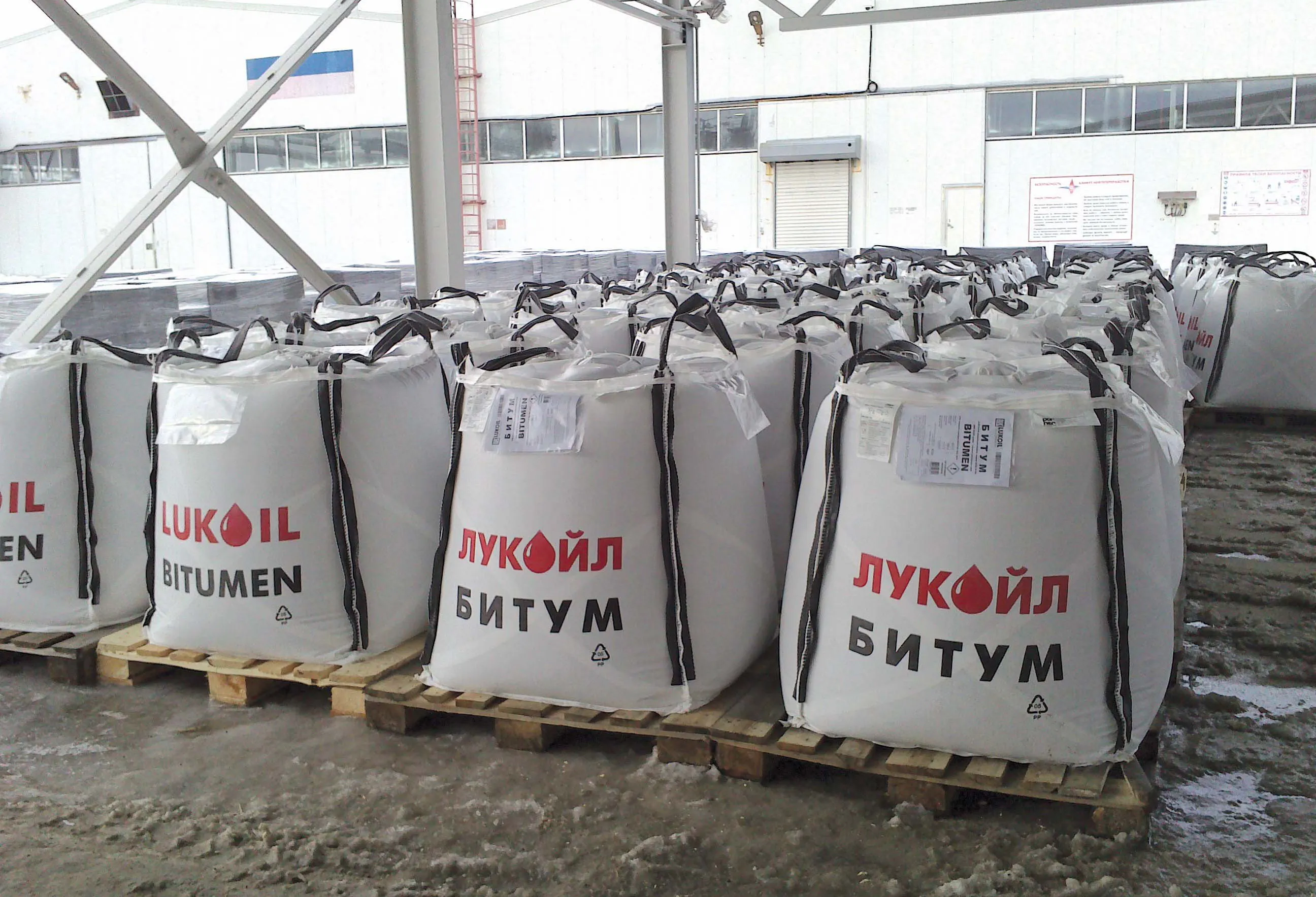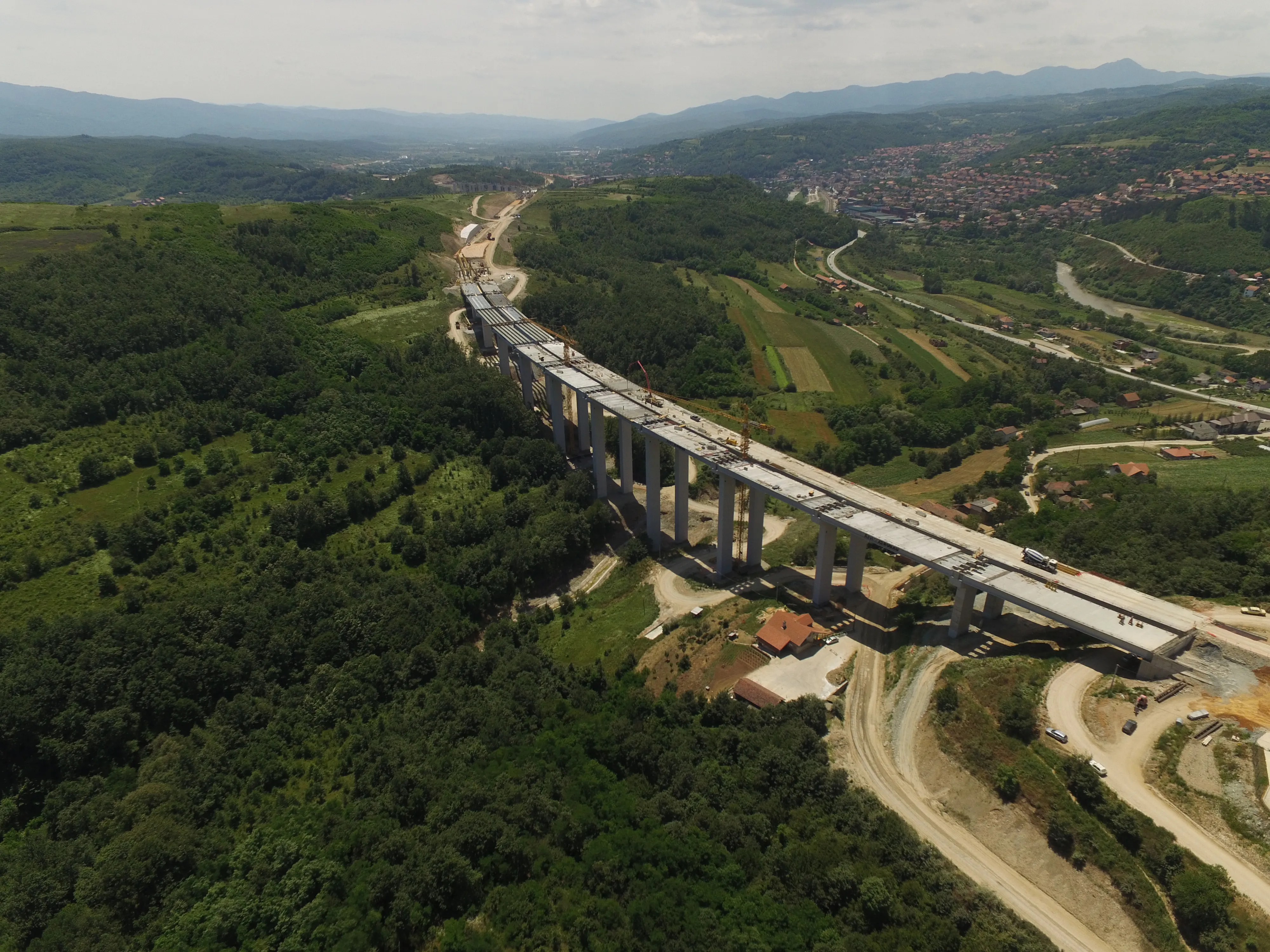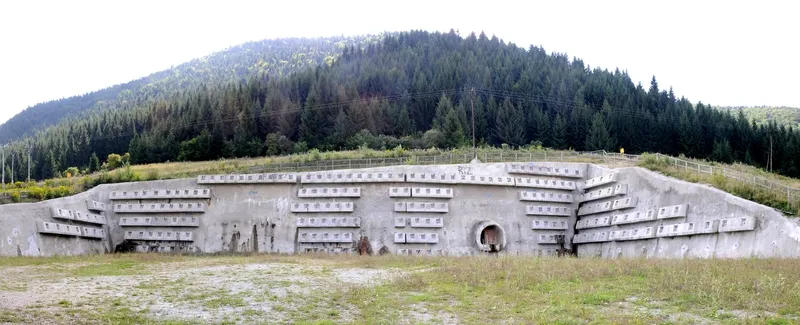Italy’s public road concession firm, 1184 ANAS, has signed an agreement with the region of Sardinia and the government for upgrade works on the Sassari-Olbia road worth a total €930.7 million. The project will entail replacement of the existing road with four lanes, with work scheduled for completion in 2017. Work is also ongoing for the Salerno-Reggio Calabria highway refurbishment project. The 30km lot between Gioia Tauro and Scilla was awarded to Italian civil engineering groups 3481 Condotte and 3149 Impregilo for €780 million. The stretch features seven viaducts and five tunnels and should be completed by the end of 2013. In addition discussions are in hand with regard to the Strait of Messina Bridge between Sicily and the Italian mainland between Stretto di Messina and International consortium Eurolink. The consortium was awarded the project to build the bridge and may be willing to reconsider its decision not to extend the frame line of the project, if the Italian government is prepared to go ahead with the construction work.
But there is bad news from Italy too. According to 6921 SITEB, the Italian asphalt and bitumen association, asphalt demand in the country’s road works industry will see a further drop in production and sales in 2013. Consumption has already decreased by 23% in one year, down by 50% in the last six years. Asphalt production has halved to around 22 million tonnes to date from 44.3 million tonnes in 2006, and could drop to 20 million tonnes in 2013. In 2010, 11 out of 16 refineries produced bitumen, while the number of facilities has dropped to seven to date and additional closures are also expected. Meanwhile bitumen price has risen from €323/tonne in 2009, to 523/tonne in 2012. The industry gathers information from 4,000 companies with 50,000 direct workers and 500,000 workers in related fields.









